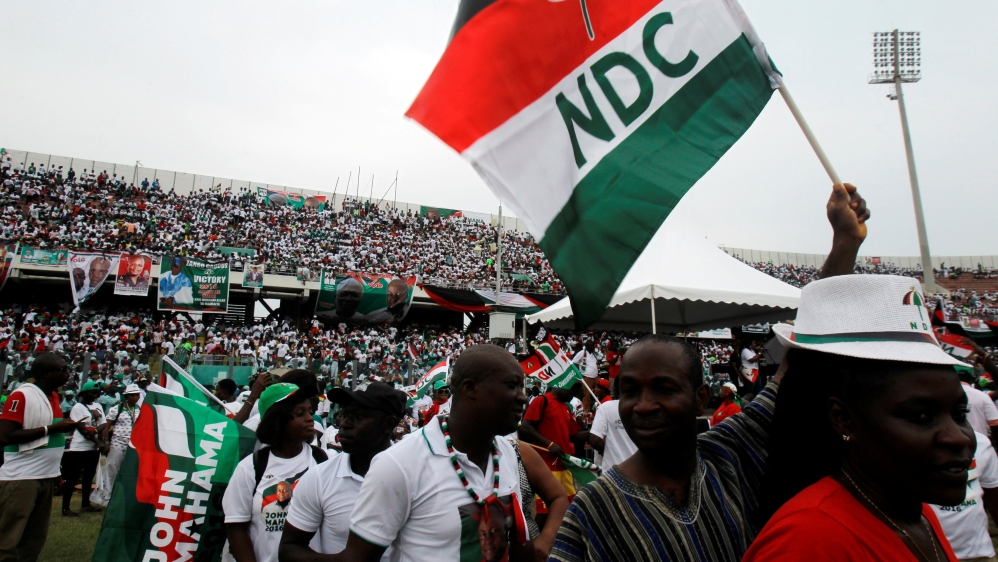A majority of young Africans are willing to countenance military intervention in politics if elected officials abuse their power.
The Chief Executive Officer of Afrobarometer, Joseph Asunka said this while addressing a gathering in Berlin convened on Thursday by the German Parliament’s Social Democrats to discuss the state of democracy in Africa.
Asunka was joined by an expert from the German Ministry for Economic Cooperation and Development and two activists from Ghana and Uganda for an insightful discussion on the theme “African Spring? Growing youth protests and their influence on democratic change.”
Afrobarometer findings from 28 African countries surveyed in 2021-2022 show that only 43% of adults say that militaries should never intervene in politics, while a slim majority (53%) are willing to countenance this option if elected leaders abuse power.
Tolerance for military intervention if elected officials abuse their power is higher among younger adults – 58% of Africans aged 18-35 years, compared to just 48% of respondents over age 55.
On a more positive note, Asunka said strong majorities of Africans endorse core democratic institutions and norms, such as term limits for presidents (73%) and elections as the best way to choose leaders (75%).
Moreover, almost two-thirds (63%) of Africans believe that government accountability is even more important than effectiveness.
The data show a persistent gap between demand for democratic governance and its supply, which continues to fall short, Asunka said.
“Most notably, citizens express widespread concern about the integrity of their elected officials, and many indicators of corruption continue to worsen. Of the institutions covered in our surveys, the police top the list as the most corrupt, followed closely by the office of the President. Young people are more critical of institutional corruption,” he said.
Asunka noted that the democratic governance deficit is likely a key driver of apparent tolerance for military intervention and rule, especially among young adults – indicators that should serve as a wake-up call to leaders across the continent and globally.
The German Bundestag (Parliament) provided an important platform for participants to engage with different perspectives as they explore opportunities and challenges for Africa’s democratic future.
Asunka’s participation in the Bundestag event is a testament to Afrobarometer’s commitment to elevating the voices of African citizens and promoting democracy and good governance across the continent.
By conducting public opinion surveys and disseminating valuable insights, Afrobarometer empowers citizens and policy makers to strive for more democratic and accountable societies.
About Afrobarometer:
Afrobarometer (AB) is a trusted source of high-quality data and analysis on what Africans are thinking. With an unmatched track record of 350,000+ interviews in 39 countries, representing the views of 80% of the African population, AB is leading the charge to bridge the continent’s data gap. AB data inform many global indices, such as the Ibrahim Index of African Governance, Transparency International’s Global Corruption Barometer, and the World Bank’s Worldwide Governance Indicators. The data are also used for country risk analyses and by credit rating and forecasting agencies such as the Economist Intelligence Unit. All AB data sets are publicly available on the website and may be analysed free of charge using AB’s online data analysis tool.


















